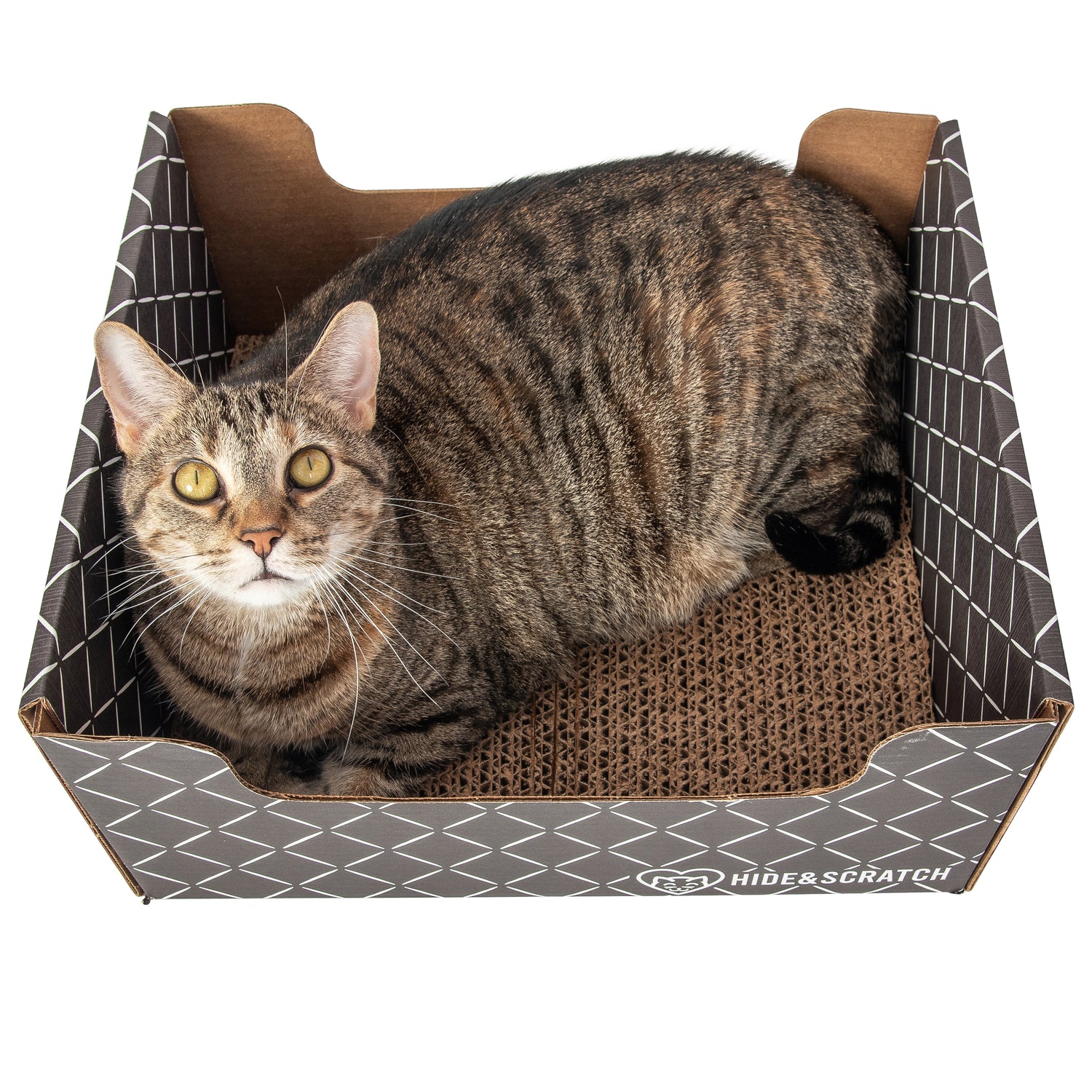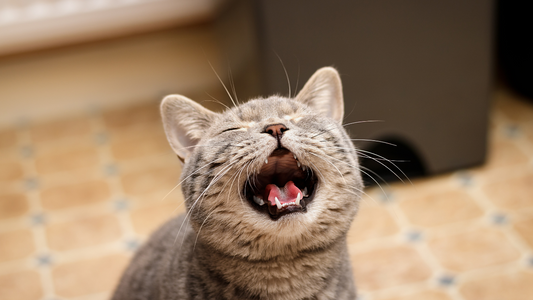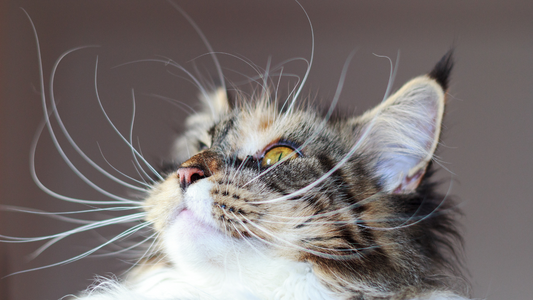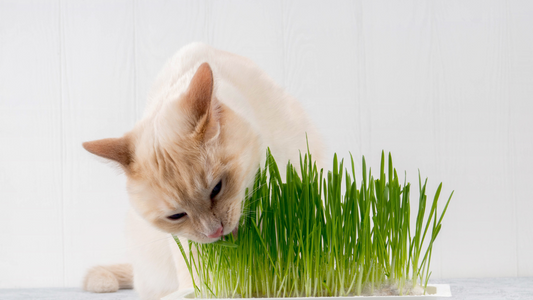Why do cats purr? The gentle, rhythmic sound of a cat’s purr is one of their most endearing behaviors, but the reasons behind it are more complex than they seem. This blog explores the science and various reasons why cats purr, offering insights into this fascinating feline behavior.
How Do Cats Purr?
Before exploring why cats purr, it’s important to understand how they produce this sound. Most experts agree that purring originates in a cat’s larynx. The muscles in the larynx constrict and dilate the glottis, the area surrounding the vocal cords. As the cat breathes, these movements cause air to vibrate, creating the purring soaund we all recognize.
Interestingly, not all cats can purr. Smaller domestic cats can purr due to a hardened bone in their vocal cords, allowing for vibrations during both inhalation and exhalation. In contrast, larger wild cats like lions and tigers have a more flexible bone structure, enabling them to roar but not purr.
Why Do Cats Purr?
So, why do cats purr? The reasons are multifaceted, ranging from expressing contentment to healing physical injuries. Here are the five main reasons why cats purr:
1. Happiness and Contentment
One of the most common reasons cats purr is because they are happy and content. When a cat is relaxed, perhaps lying in a cozy spot with half-closed eyes, you’ll likely hear them purring softly. This indicates your cat is in a state of comfort and trust. Why do cats purr when you pet them? They feel safe and loved, and purring is their way of showing it.
2. Bonding Between Mother and Kitten
Purring begins when cats are just a few days old. In the wild, it helps mother cats locate their kittens during feeding time, allowing them to stay connected without attracting predators. This behavior often continues into adulthood, with some cats purring while they eat or when trying to convince their human it’s dinner time.
Researchers, like cat behavioral expert Celia Haddon, have found that purring can vary depending on the situation. For instance, when soliciting food, cats use a specific type of purr that includes a high-frequency cry, similar to a kitten’s or a baby’s distress call, which triggers a nurturing response in humans. Cats may also purr when exploring new environments or after stressful events, using it as a self-soothing mechanism.
3. Stress Relief and Self-Soothing
Why do cats purr when they are stressed? Purring helps them soothe themselves during stressful situations. After a vet visit or an encounter with a larger animal, you might notice your cat purring. This type of purring acts as a self-soothing mechanism, much like how humans hum or take deep breaths to calm down. The low-frequency vibrations from purring can have therapeutic effects, releasing endorphins that reduce pain and anxiety. These vibrations may also help cats heal more quickly from injuries or illnesses by stimulating growth factors essential for recovery.
4. Communication and Requesting Attention
Why do cats purr when you pet them or when they want something? A study from the University of Sussex in Brighton reveals that cats are smart communicators. Led by Karen McComb, PhD, the research found that cats use a "solicitation purr," which combines a high-frequency cry-meow with their regular purring. This special purr mimics a crying baby, triggering our nurturing instincts and making us more likely to respond—especially when they’re hungry. This behavior is common in quiet households where cats have close relationships with their humans, making their purrs harder to ignore.
5. Healing and Physical Recovery
One of the most fascinating reasons cats purr is for healing purposes. Purring vibrations occur at a frequency of 25-150 Hz, which is known to promote healing in bones and tissues. This is why you might find a cat purring even when they are injured or in pain. The act of purring can help reduce pain, heal injuries, and even increase bone density, making it a natural healing tool for cats.
Conclusion: The Multifaceted Reasons Why Cats Purr
While why cats purr is often associated with happiness, it serves many purposes, from bonding and communication to healing and stress relief. By understanding these reasons, you can better connect with your feline friend and respond to their needs. Whether your cat is purring while curled up on your lap or after a stressful event, this unique behavior is a key part of what makes the relationship between humans and cats so special.





